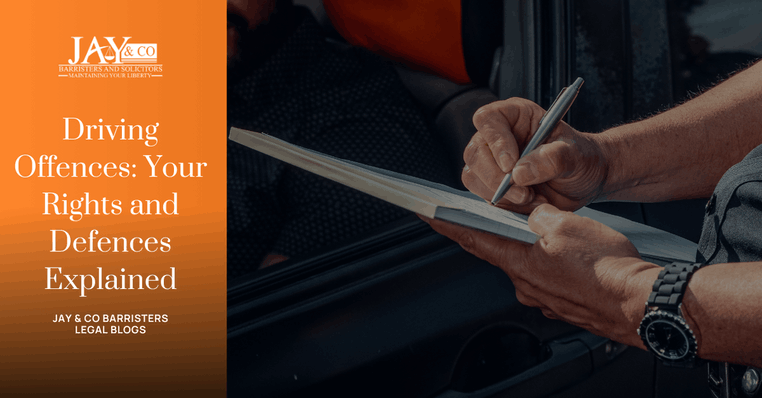Search Warrants
The Issue of Search Powers is vested across numerous different legislative platforms. In Victoria, the three main ones are the Crimes Act, the Control of Weapons Act and the Drugs, Poisons and Controlled Substances Act. Under each of these Acts, different powers of Search are vested in law enforcement which enable them to carry out searches on members of the public. They are as follows:-
- Crimes Act 1958 – Section 465
This provision encompasses for the issuing of a search warrant by a Victorian Magistrate. Who on the satisfaction by the evidence on oath or by affidavit of a police officer of or above the rank of senior sergeant that there is reasonable grounds for believing that there is, or will be within the next 72 hours, in any building:-
(a) Anything upon or in respect of which any indictable offence has been or is suspected to have been committed or is being or is likely to be committed within the next 72 hours; or
(b) anything which there is reasonable grounds to believe will afford evidence as to the commission of any such offence; or
(c) anything which there is reasonable ground to believe is intended to be used for the purpose of committing any indictable offence against the person for which the offender may be arrested without warrant.
A magistrate who issues a warrant, if satisfied on reasonable grounds by the evidence given that the thing to which the warrant relates is also tainted property within the meaning of the confiscation act, may, in that warrant direct that the applicant hold or retain that thing as if it were tainted property seized under a warrant under section 79 of the confiscation act.
A copy of the warrant must be provided, at the time of the search, to the landlord or tenant of the property; or the person who the warrant is effected upon for the search to be conducted by law enforcement.
2. Control of Weapons Act 1990 – section 10 & 11
If a police officer has reasonable grounds for suspecting that a person is carrying or has in his or her possession in a public place a weapon as described by this legislation; the police officer informs the person of the grounds for his or her suspicion; and the police officer informs the person of their name, rank and place of duty; and if requested provides this in writing to the person being searched; a search is permitted. The police officer must also produce his or her identification for inspection, unless the police officer is in uniform; and the police officer must inform the person that they intend to search the person or the vehicle for weapons and is empowered to do so under this Act. A police officer must also conduct the least invasive search that is practicable in the circumstances; and they are able to detain a person for so long as is reasonably necessary to conduct a search under this section.
Section 11 is in relation to protective services officers on duty at a designated place. The provisions outlined are very similar to section 10 in its literal effect for its application.
3. Drugs, Poisons and Controlled Substances – section 82
Where a police officer has reasonable grounds for suspecting that on or in a vehicle in or upon a public place, on an animal in a public place, in the possession of a person in a public place; on or in a boat or vessel, or on or in an aircraft, there is a drug of dependence in respect of which an offence has been committed or is reasonable suspected to have been committed in part V of this legislation, the police officer may with such assistance as he thinks necessary search the vehicle, animal, person, boat, vessel or aircraft, seize and carry away any instrument device or substance used or capable for use in the manufacture and sale of any drug of dependence; seize and carry away the drug of dependence and deal with it according to law. The same provisions also apply to a psychoactive substance.
If you or a loved one has been subjected to any search and seizure, seek legal counsel from one of our criminal defence lawyers at Jay & Co.



